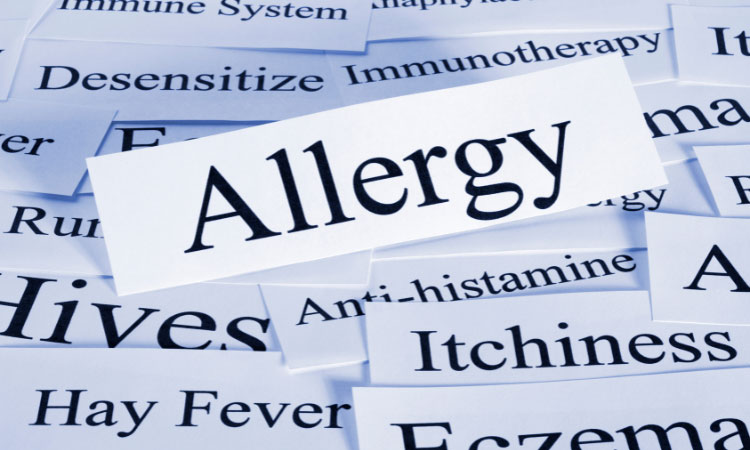Allergies can manifest in various ways, affecting different parts of the body. While most people associate allergies with sneezing, itching, and watery eyes, it’s important to recognize that allergies can also cause dryness in unexpected areas, including the mouth.
If you have ever experienced a dry mouth during allergy season or after exposure to certain allergens, you may be wondering if there is a connection. In this article, we will explore the link between allergies and dry mouth, shedding light on why this phenomenon occurs and what you can do to find relief.
Understanding Dry Mouth
Before delving into the relationship between allergies and dry mouth, let’s first understand what dry mouth entails. Medically referred to as xerostomia, dry mouth occurs when there is insufficient saliva production in the mouth. Saliva plays a crucial role in maintaining oral health by moistening and cleansing the mouth, neutralizing acids, and aiding in the digestion process. When the mouth fails to produce an adequate amount of saliva, it can lead to discomfort and various oral health issues.
Can Allergies Cause Dry Mouth?
Yes, allergies can indeed cause dry mouth in certain individuals. When your body encounters an allergen, such as pollen, pet dander, or certain foods, it triggers an immune response. This response can lead to inflammation and swelling of the nasal passages, throat, and even the salivary glands.
Consequently, the salivary glands may not function optimally, resulting in decreased saliva production and, subsequently, a dry mouth.
Allergy Symptoms and Dry Mouth
Apart from dry mouth, allergies are accompanied by a range of other symptoms, which can vary depending on the individual and the specific allergen. Some common allergy symptoms include:
- Sneezing
- Itchy or watery eyes
- Runny or stuffy nose
- Coughing
- Fatigue
- Headaches
If you experience dry mouth alongside these symptoms, it is worth considering the possibility that your allergies are the underlying cause.
Seasonal Allergies and Dry Mouth
Seasonal allergies, also known as hay fever or allergic rhinitis, are particularly notorious for causing dry mouth. When pollen levels are high, especially during spring and summer, individuals prone to seasonal allergies may experience not only nasal congestion and itchy eyes but also dryness in the mouth.
The increase in histamine release triggered by the body’s response to allergens can disrupt normal salivary gland function, contributing to the development of dry mouth.
Managing Dry Mouth Caused by Allergies
If you suspect that your dry mouth is due to allergies, it is essential to consult with a healthcare professional. They can evaluate your symptoms, identify the underlying cause, and recommend appropriate treatment options. Here are some general strategies to help manage dry mouth caused by allergies:
- Stay hydrated: Drink plenty of water throughout the day to help combat dryness and promote saliva production.
- Avoid allergens: Identify and avoid the specific allergens that trigger your symptoms. If pollen is a problem, consider staying indoors during peak pollen times or using air purifiers to reduce exposure.
- Rinse your sinuses: Nasal irrigation with a saline solution can help alleviate nasal congestion, which may indirectly improve dry mouth symptoms.
- Use over-the-counter remedies: Oral moisturizing products, such as artificial saliva or dry mouth sprays, can provide temporary relief by lubricating the mouth and stimulating saliva production.
- Consult a healthcare professional: If your dry mouth symptoms persist or worsen, it is advisable to seek medical advice. A healthcare professional can assess your condition, provide a proper diagnosis, and recommend appropriate treatment options.
Allergies can indeed cause dry mouth in certain individuals. The immune response triggered by allergens can lead to inflammation and swelling of the salivary glands, resulting in decreased saliva production and a dry mouth. If you experience dry mouth alongside other allergy symptoms, it is worth considering the connection between your allergies and this uncomfortable condition.
By understanding the relationship and taking appropriate measures to manage your allergies and promote saliva production, you can find relief from dry mouth and enjoy improved oral health during allergy season.
Lubricity is a Proud Supporter of the
What do customers say about Lubricity Dry Mouth Spray?











